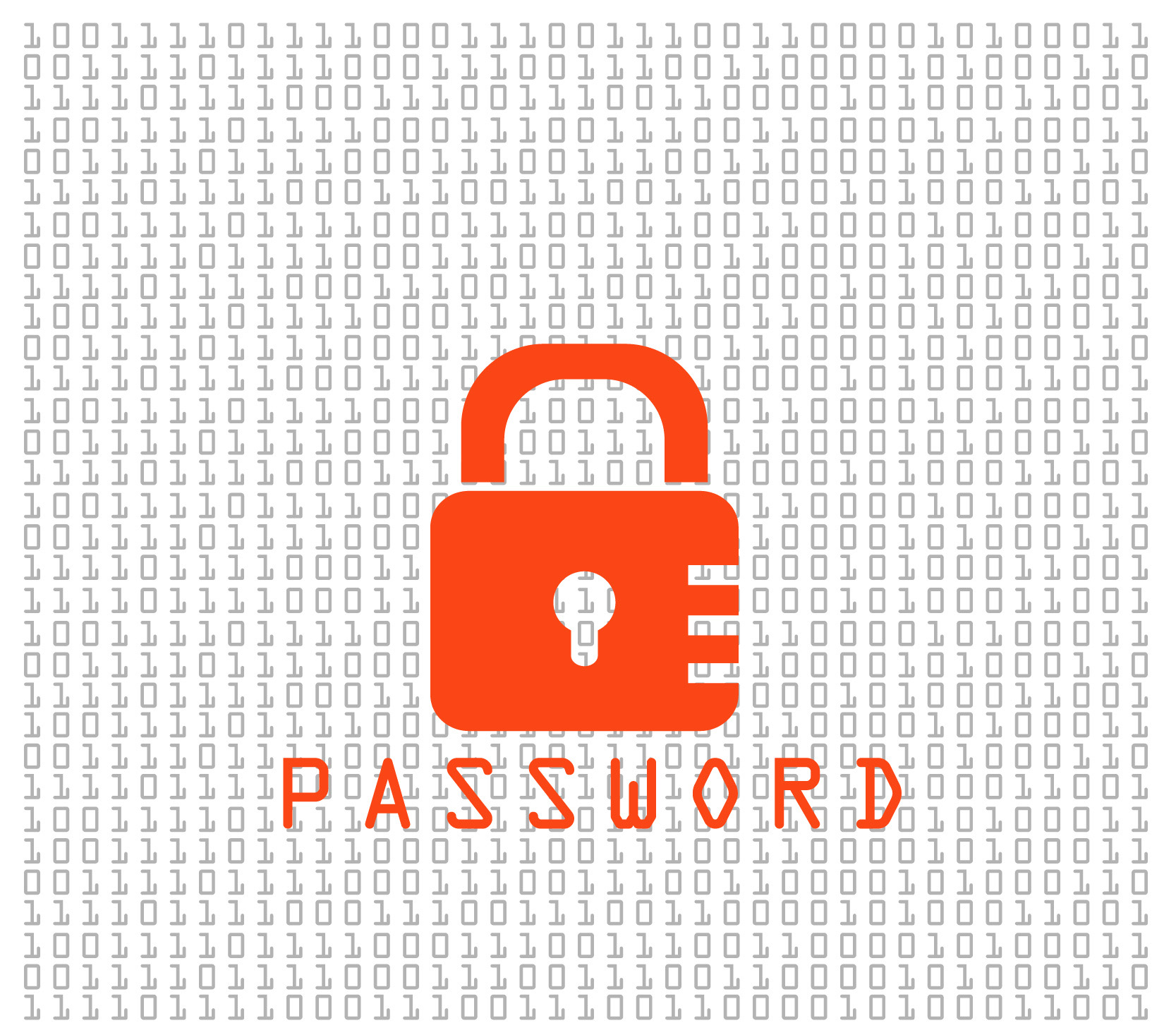1. Dark Web Black market List
Cybercriminals can quickly break through any firewalls or network security by simply buying your password. The black market is full of information available for purchase. If you do not have a secure password, it could be listed for sale. One way to avoid this is by regularly changing your passwords. If you continually use the same password for years on end, it could potentially be discovered and put on the black market.
2. Brute Force Attacks
A brute force attack occurs when software is created by an attacker to randomly put together billions of combinations of letters, numbers, and symbols until it finally cracks your passwords. One such software is said to guess 350 billion combinations per second and can crack any 8-character password on Windows within six hours. These attacks have shown that anything under 12 characters can be vulnerable to threats. One way to avoid having a hacker guess your password is to create a long, at least 12-character password. Other tips include mixing up numbers, upper and lowercase letters, and symbols as well as avoiding sequential numbers or letters on a keyboard.
3. Dictionary Attack
A dictionary attack is similar to a brute force attack in that it is a program created to guess your passwords. However, this hacking technique focuses on using words found in the dictionary. A list of words will be processed to try to crack your password. If your passwords contains a word or a phrase, it may be easily cracked, but using extremely uncommon words or a jumble of words could outsmart the program.
4. Phishing
Phishing is a straightforward hacking threat that goes around the typical network security to reach you directly. A cybercriminal will contact you via email, pop-up link, or phone call that tricks you into thinking there is something wrong with your credit card and that you must follow specific directions to recover your information. This will then lead you to a phony website designed for you to enter your password. The hackers controlling the website now have your password and access to all your sensitive information. Be on the lookout for these types of suspicious notifications and confirm they are legitimate before entering your password into any website.
Tips for a Strong Password
IT security is key to preserving your personal information and peace of mind when on the web. Besides the suggestions listed above, here are a few more ideas to make your passwords more secure.
- Uncommon words and phrases: Use names of businesses, proper nouns, or foreign language words in a mixed-up order. Add numbers or symbols throughout to create a complex and not easily guessed password.
- A common sentence in an uncommon way: Using a sentence you know well, adjust the words to make a new complicated string of letters. An example would be to only use the first two or three letters of each word to make what looks like a jumbled mix of lowercase and uppercase letters.
- Use a password generator: Utilizing tools such as password generators help you create completely random and complex passwords that are difficult for hackers to break.
Cybersecurity training is an important step in maintaining the safety of your information. Take the time to apply each of the tips suggested and protect your sensitive data from cybercriminals.

